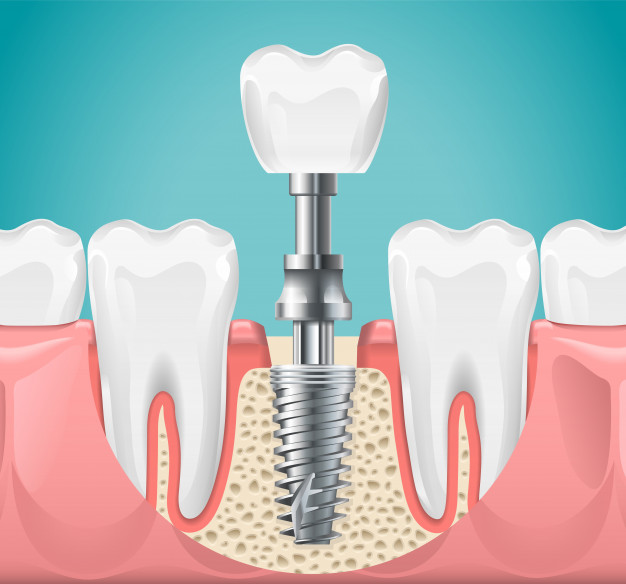"A man loses his illusions first, his teeth second, and his follies last."~ Helen Rowland
Schedule an Appointment Today:
Dentures
Dentures can replace your entire smile - or replace one or a few teeth. In recent decades, denture technology has made vast improvements in denture technology, making them appear more real, feel more comfortable and function far better than ever before.

Partial Dentures
A partial denture is a removable denture or bridge that usually consists of artificial teeth that are attached to a gum colored plastic base and connected by a metal framework that holds the denture in place.
These dentures are used when there are one or more natural teeth remaining in the upper or lower jaw.

Full Dentures
A partial denture is a removable denture or bridge that usually consists of artificial teeth that are attached to a gum colored plastic base and connected by a metal framework that holds the denture in place.
These dentures are used when there are one or more natural teeth remaining in the upper or lower jaw.
Types of Dental Implants
There are two main types of dental implants:
Endosteal • Placed in the jawbone, these implants are typically made of titanium and are threaded, much like a small screw. These are the most common of dental implants.
Subperiosteal • Placed above or over the jawbone, but under the gum, these implants may be offered to patients who do not have enough healthy bone with which to affix the implants. Bone augmentation may be an available alternative in the event of a deteriorated jawbone.
Benefits of Dental Implants
- Maintain Facial Structure & Prevent Bone Loss
- Look and Function Like Natural Teeth
- Improve Oral Health
- Achieve a Beautiful Smile
- Protect Existing Teeth
- Easier Talking & Chewing
Jawline Restoration
This is often a necessary step in dental implant procedures. In the event the jawbone is not able to support dental implants, the jawline can be improved via:
Bone Augmentation • This is a process by which your existing bone is engorged and enforced with bone additives and growth factors. This process may take some time prior to implants being possible.
Sinus Lift • Otherwise known as sinus elevation or augmentation, this is a process by which bone below the sinus is added in where natural bone has deterioriated due to missing upper back teeth.
Ridge Expansion • Occasionally, bone graft material can be added to a small space along the top of your jaw, if your existing jaw isn't wide enough to support dental implants.
How Long Do Dental Implants Last?
While dental implants are the more expensive and often more extensive process for restoring your teeth, they are designed to last a lifetime, as though you had never lost a tooth (or all of them). They are not subject to decay, are easy to care for, are functional and comfortable, and are vastly more simple to live with and maintain than dentures. In the US, more than 95% of dental implants are successful and last a lifetime.
How to Care for Dental Implants
While your new implants are resistent to decay, you still have gums and a jawline to care for. Infection can still occur and affect the bone and spread to other parts of the body. Regular brushing with a low-abrasive toothpaste and soft bristle brush, flossing, the use of an oral irrigator, and consistent dental cleanings every 6 months will ensure the health of your whole mouth for years to come and all are highly recommended for those with or without implants. Your dental implants are designed to last a lifetime with proper care.
Please note: Smokers have an elevated risk of implant failure because smoking restricts blood flow to the gums, impacting the healing process. At the very least, if you don't feel you can quit long term. Do not smoke for at least one week prior to the surgery, or for two months following the surgery.
Are Dental Implants Permanent?
Yes! Following the proper care procedures above, your new smile is designed to last a lifetime.
Signs a Dental Implant is Failing
While dental implant failure is not common, if you exhibit signs of gum recession, inflammation, difficulty chewing or severe pain or discomfort, you will want to check on your implant. If your implant loosens due to an injury or any other reason, be sure to follow up quickly with Dr. Orlans.
Non-Implant Alternatives
While implants are a permanent, natural-looking and natural-feeling solution, the process can be lengthy, intensive and may not be covered by all insurances. Other alternatives exist. Dr. Orlans will be happy to speak with you regarding your best options.
Dentures
Schedule an Appointment Today:

